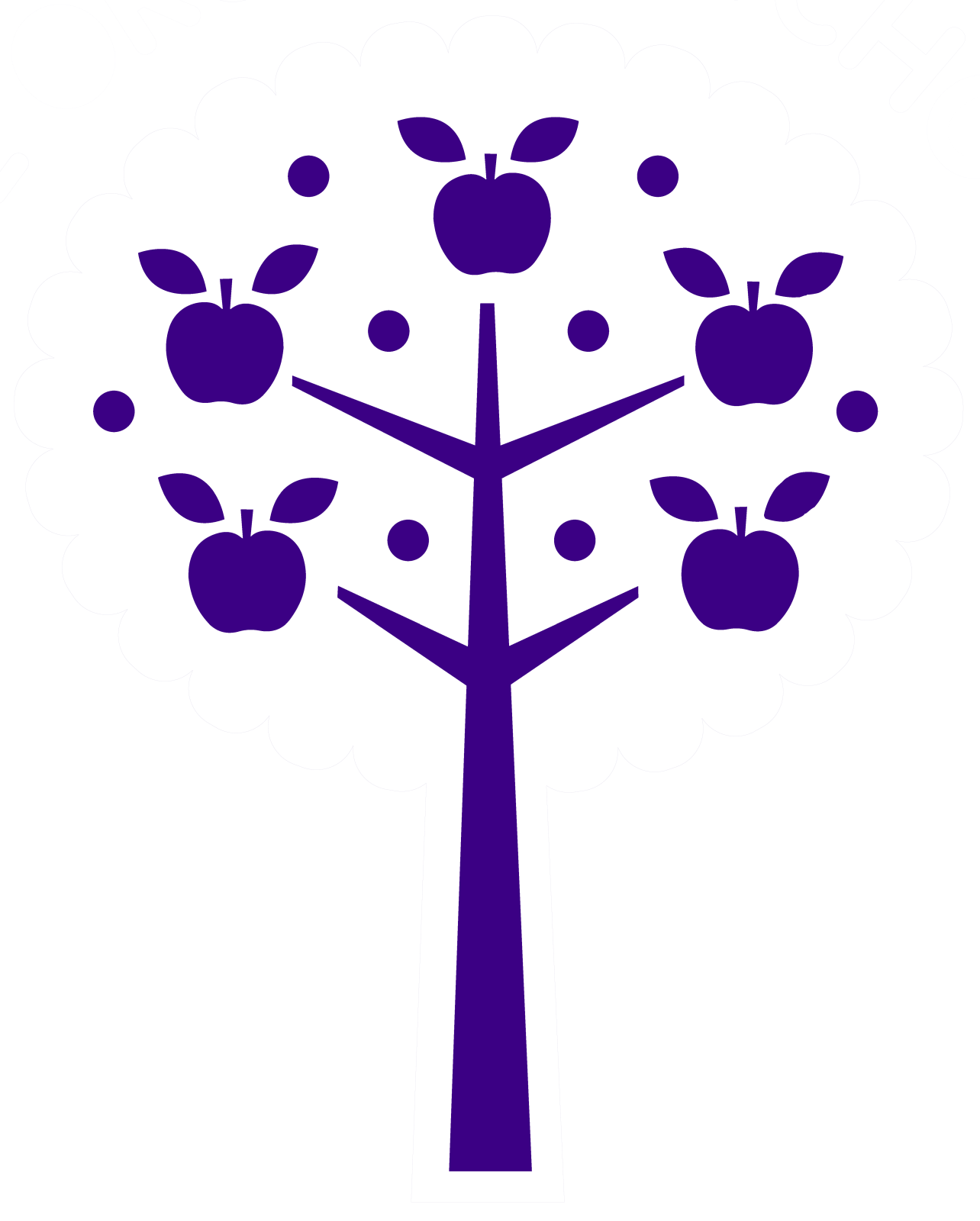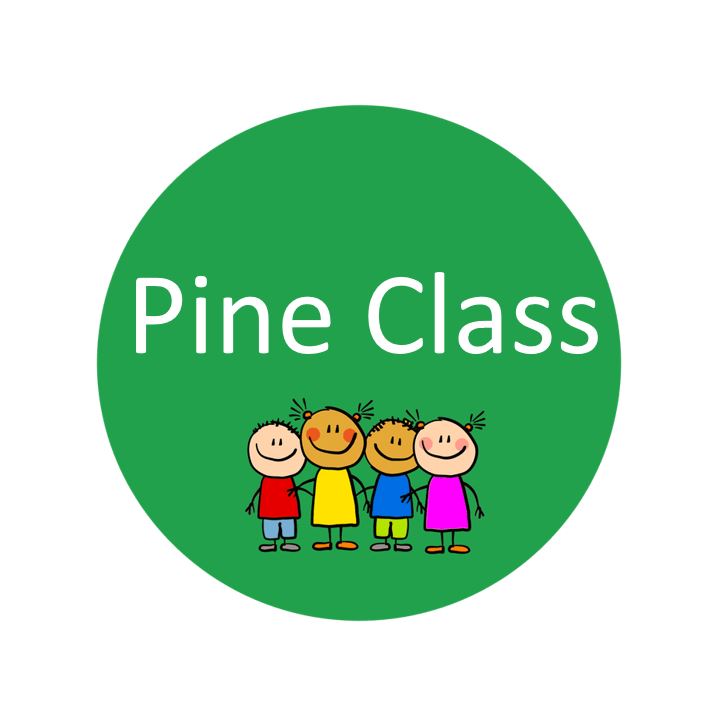SEND Information
At the Orchard we have an inclusive school approach which supports all learners engaging in activities together - all children are fully integrated into school life, both inside and outside of the classroom. High quality, adaptive teaching and assessment are embedded in our curriculum and practice. Reasonable adjustments are made to teaching approaches and resources in order to include and support all learners to access the curriculum and experience cultural capital.
‘Staff work as a united team, all dedicated to providing a high-quality education for the pupils in their care. They have exceptionally high expectations for all pupils and understand how to adapt resources to enable all, including pupils with special educational needs and/or disabilities (SEND), to flourish. Governors share the passion for inclusion and ensure that resources are used well to this end.
Provision for pupils with SEND is a strength of the school. This is a highly inclusive school and the ethos at all times is about understanding pupils’ needs, so that they can be met. The special educational needs co-ordinator (SENCO) trains staff well to identify and understand pupils’ needs.
The school ethos of inclusion is impressively demonstrated by pupils whose behaviour and attitudes are consistently strong. They actively support each other and celebrate difference.’
Ofsted 2022
Our SENCO is Mrs. Anna Barkway-Smith (A-nuh BAHR-kweh-SMIHTH)
EMAIL: senco@orchard.surrey.sch.uk or admin@orchard.surrey.sch.uk
TELEPHONE: 0208 979 2945 ext 2
Please get in touch if you would like further information.
Our SEND provision
SEND Information Report SEND Policy SEND Waves of Provision
What are Special Educational Needs and Disabilities?
Special Educational Needs and Disabilities (often referred to as ‘SEN’ or ‘SEND’) is a term used to describe learning difficulties or disabilities that make it harder for a child to learn compared to children of the same age.
All children may experience challenges with their learning at some point and for most children, these difficulties can be overcome with support from school and home. However, pupils with SEND need additional or different support to remove the barriers which are impacting their progress.
Some children may have SEND because of a medical condition or disability, while other pupils may have SEND without a diagnosis or disability.
Children may have difficulties in one or more of these areas:
Areas of Need
Communication and Interaction: speech, language and communication difficulties which make it difficult for them to make sense of language or to understand how to communicate effectively and appropriately with others.
Cognition and Learning: where children learn at a slower pace than others their age, have difficulty in understanding and/or organisation and memory skills, or have a specific difficulty affecting one particular part of their learning such as in literacy or numeracy.
Physical and Sensory: visual and/or hearing impairments, or a physical need that can give rise to difficulties in accessing learning without appropriate support and equipment. A child may have difficulty with sensory processing, being under or over-sensitive or have difficulties with fine or gross motor skills. A child may have a medical condition which affects them physically.
Social, Emotional and Mental Health: A child may display behaviours such as having very low self-esteem or being very anxious. They may display challenging, disruptive or distressing behaviours or have difficulty in managing their relationships with other people. They may appear withdrawn or behave in ways that may hinder their and other children’s learning and/or that have an impact on their health and wellbeing.
For additional resources to support with these areas of need please go to the Additional SEND Resources page.
Our Offer of Support
Special education is any educational or training provision which is additional to or different from what is needed by other children or young people the same age. This covers many different things including communicating through aided language boards, having learning resources in a larger font and needing one-to-one or small group support.
We work hard to ensure that all staff working with learners who have SEND have a working knowledge of the difficulty in order to support children access the curriculum. The SENCO supports and, where appropriate, arranges training to provide teachers with appropriate strategies and practices to enable all children to engage and learn effectively.
Children with any additional or Special Educational Needs are supported within the classroom environment through high quality teaching and the Ordinarily Available Provision (OAP), but may work in small groups or 1:1, supported by a teacher and learning support assistants (LSA). A range of outside agencies including educational psychology, learning and language support and speech and language therapists provide advice, support and guidance. Please see our SEND policy for a full list of outside agencies.
With prior arrangement and in discussion with the class teacher, LSA, SENCO and head teacher, we can work collaboratively with private agencies. Any sessions in school time, either in school or offsite, must not be detrimental to the child’s access to the school curriculum. They will also be dependent on the school’s space and resources and must follow our safeguarding procedures.
Identification of SEND and provision
Teachers regularly assess pupils and track progress. If high quality teaching has not enabled the pupil to make sufficient progress they will be identified at the pupil progress meetings which are held termly. Identified pupils are discussed with the SENCO and Head teacher and, if appropriate, research-based interventions are discussed and put into place.
Children requiring interventions because of special educational needs will have individual targets recorded on an Individual Support Plan (ISP) detailing the provision being put in place to support them. These are reviewed and shared collaboratively with parents every term.
Ordinarily Available Provision
The term 'Ordinarily Available Provision' comes from the SEND Code of Practice and refers to the support that mainstream schools or settings are expected to provide for a child or young person through their agreed funding and resource arrangements. All schools in Surrey use the Ordinarily Available Provision Brochure to support children with additional needs; it sets out advice for schools on the types of provision that can be provided to support all children.
Watch this video: Ordinarily Available Provision Video
Surrey Local Offer OAP Booklet
High Quality Teaching Expectations in Schools
High Quality Teaching considers the needs of learners, which then informs teacher planning and delivery to ensure all learning is accessible. Teacher implement our Inclusion Charter to ensure all children make good progress. Additionally, teachers may use a range of other strategies and resources - detailed in the Ordinarily Available Provision -- to support learners to access and engage with the curriculum. This toolkit can also be used to facilitate conversations between learners, parents, and educational settings. This includes supporting different groups of learners, such as those with special educational needs and disabilities, or those from disadvantaged groups. High Quality Teaching is sometimes referred to as Quality First Teaching.
Reasonable Adjustments
This identifies all aspects of high-quality teaching and resources that can be reasonably adjusted or adapted to support children with SEND.
ELSA
Our Emotional Literacy Support Assistant is Mrs Louisa Long.
Email: ELSA@orchard.surrey.sch.uk
- Engages with regular supervision sessions with Educational Psychologist and local ELSA network.
- Work as our ELSA - Tuesday, Wednesday and Thursday afternoons.
They use the Assess (referral), Plan (agreed outcomes), Do (child attends sessions), Review (feedback shared and discussed) cycle;
- Class teacher/Head teacher/outside agency/parents raise concern.
- Referral form completed outlining need.
- Referral forms available on SharePoint or in staff room.
- Availability allocated based on individual need and priority (child goes on waiting list if necessary).
- ELSA sessions start and are usually once a week for half a term.
- ELSA identifies outcomes with CT.
- Weekly notes taken.
- Sessions completed (length dependent on need).
- Progress is recorded.
- ELSA feedbacks back to class teacher/parents and SENCO after a six-week review.
- Decision is made whether ELSA continues or finishes.
Family Support Worker
Our Family Support Worker serves as a vital bridge between home and school, ensuring that every child receives the support they need to thrive academically, socially, and emotionally. By fostering strong, collaborative relationships between families and our staff, the Family Support Worker helps to create a cohesive, inclusive environment where children can excel.
- Personalized Support: Offering one-on-one support tailored to the unique needs of each child and their family.
- Communication Facilitation: Enhancing communication between parents, teachers, and the school office to address concerns promptly and effectively.
- Resource Connection: Assisting families in accessing school and community resources, including academic support, mental health services, and extracurricular activities.
- Workshops and Events: Organizing informational sessions such as The Parenting Puzzle and other events to educate and engage parents in their child's educational journey.
- Crisis Intervention: Providing immediate support and intervention in times of family or child crisis, ensuring continuity of care and learning.
Our Family Support Worker is Teresa Doe and she in school on Wednesday mornings. She is dedicated to building a supportive community where children can achieve their full potential with the help of a strong home-school partnership.
Specialist Resource Centre for Speech, Language & Communication
Our Specialist Resource Centre (Pine Class) is led by one of our Assistant Heads, Chloe Turi and our SENCO, Anna Barkway-Smith.
To learn more about Pine Class please click on this icon:





